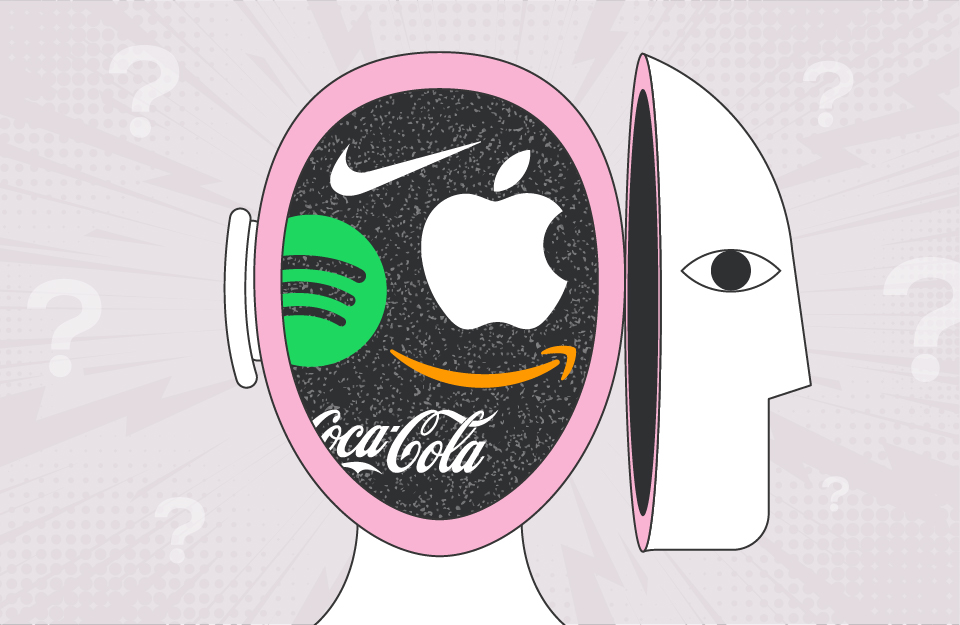Public Service Announcements have come a long way since the days of the After School Special in the 1970s, but they’re still around- and still making a difference. A successful PSA may look different today than it did back then, but some things remain the same, like cost limitations and the goals of many campaigns.
PSAs are different from regular ads. Their goals are often to change minds in ways that are difficult to measure, and because they often focus on preventing certain behaviours or outcomes, it can be particularly hard to pin down their effectiveness. In addition, since they’re usually sponsored by the government or other non-profit organisations, the budgets for PSAs are usually tight. All of this is juxtaposed against for-profit, branded ads, which are most often encouraging users to take a relatively simple, trackable action like buy a product, and budgets for these types of ads, while not as bottomless as many CMOs would like, are generally much higher than non-profit ads. Look at Super Bowl ad costs, for example!
But despite these commonalities among PSAs from the last thirty years, there are also many differences. The PSAs we all grew up with were, in the main, directed at the victims of crimes: from McGruff the Crime Dog in the US, who warned people to call the police if their neighbours were being robbed (rather than, you know, reminding criminals of the penalties for robbing a house) to the often-parodied Do You Know Where Your Children Are? ad that reminded parents to protect their children from predators, PSAs in the 1970s, 80s and 90s used scare tactics against the victims of crime to get their points across. Take a look at McGruff below!
Weaponising viewers’ fear of becoming a victim certainly made for some memorable ads: the Close All Doors fire safety campaign was a particularly powerful image for many people who grew up in 1980s Britain, and any child who saw McGruff’s Kidnapping ads would be sure to be spooked by the possibility of being ‘one of the 60 kidnapped children a day’. But while these types of ads definitely stuck with the viewers, were they really very good for us, psychologically? Maybe not. Viewers, especially children, internalise the idea that crimes happen to people who aren’t prepared to deal with them, which can lead to victim-blaming or self-blame when they become victims themselves. In addition, these kinds of campaigns treat the symptoms, not the cause of crime, meaning in many cases their real-life effect is actually fairly low.
PSAs today, on the other hand, tend to focus on preventing crimes by targeting perpetrators rather than victims. From fast food joints like Burger King (see below) to the Anti-Smoking Lobby, ads that focus on preventing crimes- or even just bad behaviour- from happening in the first place can take a strident tone that would no longer be tolerated in an ad that was speaking to crime victims. This shift has coincided with the rise of the Time’s Up and Me Too movements, which are centred around the idea of bringing perpetrators to light and eliminating victim-blaming. These movements, while they may be some of the louder voices in the space just now, are reflective of a societal shift toward speaking truth to power in order to discourage perpetrators rather than training potential victims how to avoid becoming a statistic.
https://www.youtube.com/watch?v=mnKPEsbTo9s
Because these types of PSAs speak directly to the ‘bad guy,’ they can adopt a much harsher tone than most TV or print ads. This harshness, in turn, helps them stand out from the crowd of gentle, smiling adverts encouraging users to switch detergent brands or try a new toothpaste. Scotland has a few successful versions of these types of campaigns going on right now- if you’ve seen a film in the cinema in the last year, you probably got an extra-large version of the Every Nine Minutes ad making the rounds this year.
This ad works for a variety of reasons. it’s impactful because of the lack of context that persists throughout most of the advert. The viewer has no choice but to look the speaker straight in her eyes as she berates them; her accent tells viewers that this is a local person- you can’t avoid her ire by thinking she’s American so maybe she isn’t yelling at you per se. A woman who doesn’t hold back her anger is still not a common site in media or real-life, providing a further element that sets this ad apart from others on-screen. Finally, it manages to speak sternly to the perpetrators of domestic abuse across Scotland as well as, crucially, empowering the victims of abuse, who will recognise her speech patterns and feel, hopefully, enabled to report their abusers to the authorities.
Another Scottish ad campaign that has made headlines across the globe is the currently-running Dear Haters campaign. In short, snappy, bumper-style video ads, Scots from all different races, ethnic backgrounds and genders tell ‘bigots, homophobes, transphobes’ and more that their hate is not welcome in Scotland. Similar to the Every Nine Minutes ad, this is impactful because of the way in which it breaks down the fourth wall, allowing the viewer to feel they are being spoken to directly by the people in the video. Further, the blunt language used to refer to the ‘haters’ makes the viewer wince, grabbing attention with its harsh delivery. This is crucial to the success of this campaign, which begs the viewer not to ignore it.
The print iterations of this campaign dive deeper into the definition of each of the ‘haters’ in the videos and pull no punches in doing so. By addressing the ads directly to each of the haters in the video, the print ads subtly implicate the reader in upholding a society that allows racism, homophobia, transphobia and the hate crimes that result from all of these. Plus, the stark, black-and-white typed design is so starkly at odds with the average advert that it becomes even harder to ignore them when you walk by a phone box or bus shelter with one of these ads on them.
While the stylistic differences between these ads and those with a similar goal dating from 20 years ago are vast, it’s still nice to see that some things never change: there will always be groups trying to make the world a better place- no matter how they try to achieve it.
Whether your organisation is looking for adverts for a for-profit client or in need of non-profit PSA ads, we can help! Check out our case studies to see past successful campaigns or contact us today for more info.




